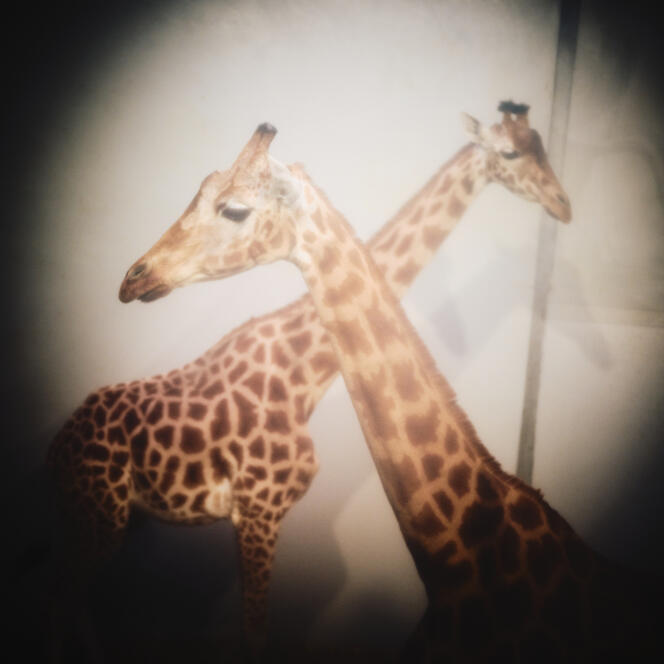


Each and every one of us has experienced days that make us realize that life is definitely a challenge at every turn. Whether it's a cyclist who nearly crashes into you by running a light, a colleague who speeds up to get in the elevator before you, or a customer at the supermarket who takes advantage of a momentary distraction on your part to dash toward the self-checkout machine you were heading for. Competition is omnipresent in our daily lives: at school, at work, in sports. And, as if we didn't have enough adversaries, personal development encourages us to fight against the lazy part of ourselves, through injunctions to "surpass ourselves," "become the best version of ourselves," or "work on ourselves." The goal is to perform better in our relationships with others and to become better individuals.
This dynamic is frequently justified by the analogy with nature, in which animals are engaged in a permanent struggle for survival. The originator of this representation? Charles Darwin, of course. In The Origin of Species, published in 1859, the British naturalist and paleontologist demonstrated that, for each species, nature sorts out the premium characteristics from those that serve no purpose.
He used the example of an animal that has fascinated biologists for almost two centuries: the giraffe. "But what's the point of the giraffe?" asked French biologist Etienne Geoffroy Saint-Hilaire back in 1827. Darwin had the answer. He argued that only those individuals with the longest necks survived because they could feed on the leaves at the top of trees more easily than the others. Short-necked giraffes had therefore gradually disappeared, mercilessly swept away by natural selection. Darwin used the example of other animal species, such as the Galapagos finch, to demonstrate that life as we know it is the result of a neverending process of optimization that nature has been carrying out for millions of years.
The theory of natural selection was soon taken up by capitalist theorists such as Adam Smith. Just as animals are condemned to excel or die, there's no question of humans resting on their laurels. Nature knows what it's doing, and the market is always right. However, in a refreshing book, La Survie des médiocres ("Survival of the Mediocre"), Franco-Israeli philosopher Daniel Milo has demonstrated that it is not the case. Contrary to popular belief, not only does nature not select the best, but in reality it's quite possible to survive being average, passable, or even completely useless. Admittedly, this discovery is immediately morale-boosting, as well as (slightly) dizzying. Are we really exempt from improving our jogging time, making a better cake than other parents for our children's birthdays, or progressing in yoga to have the right to exist?
You have 52% of this article left to read. The rest is for subscribers only.
